معلومات عنا
Tتجمع المبادرة العالمية للعدالة والحقيقة والمصالحة دعاة ونشطاء وممارسين من تسع منظمات عالمية من ذوي الخبرة في مجموعة من المجالات من الدعم النفسي والاجتماعي والتوثيق إلى الطب الشرعي والقانون. معا يساعدون المجتمعات في الصراع أو الخارجة منه في خلق مستقبل عادل وسلمي.
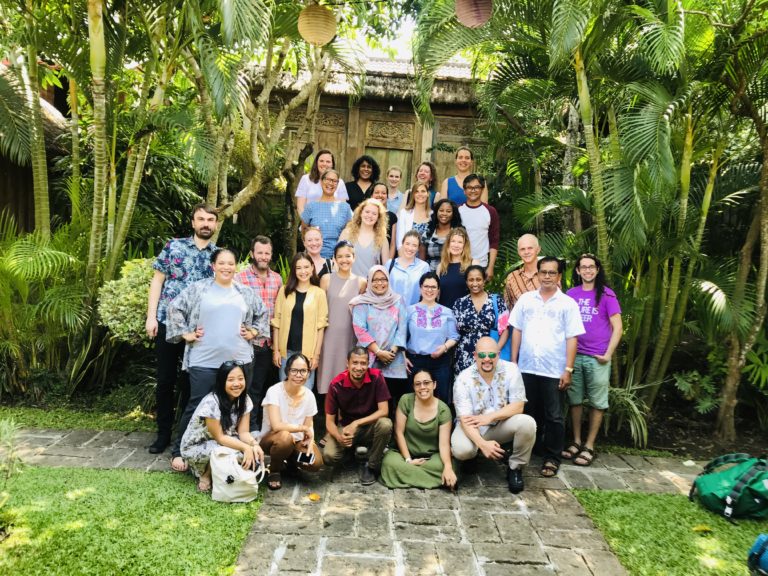
In countries coming to terms with violent pasts, true peace cannot take hold unless all facets of society – particularly marginalized groups such as women, minorities and survivors – play a central role in rebuilding their countries. To date, however, many transitional justice models have failed to actively involve these key voices, preferring instead top-down procedures that prioritize the experiences and opinions of those in power.
To correct this wrong, the Global Initiative for Justice, Truth and Reconciliation (GIJTR) was founded in 2014 by the International Coalition of Sites of Conscience (ISCS), a network of over 300 historic sites, museums and memory initiatives in 65 countries dedicated to connecting past struggles to contemporary movements for social justice. ICSC members themselves, particularly in Africa, Asia and the Middle East and North Africa, had increasingly expressed the need for grassroots truth, justice and reconciliation efforts to support national transitional justice processes. With its own expertise in memory and memorialization, ICSC responded by bringing together eight additional global organizations committed to promoting just and sustainable peace in countries in transition by engaging local civil society organizations, survivors and governments in a participatory, inclusive and holistic manner. Selected for their geographic diversity as well as a wide range of expertise, these organizations form the Global Initiative for Justice, Truth and Reconciliation.
Since it’s launch in 2014, with support from Sites of Conscience across the globe, GIJTR has worked with partners in 46 countries, fostered more than 150 grassroots projects and engaged over 500 local civil society organizations in helping everyday people document their experiences of conflict, shape formal transitional justice processes in their countries, and promote healing among communities long divided. For more information on GIJTR’s partners, see below.
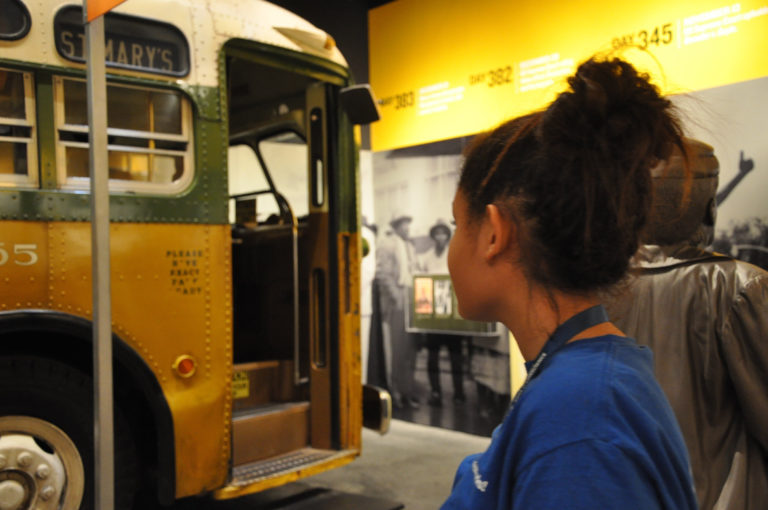
International Coalition of Sites of Conscience (ICSC)
The International Coalition of Sites of Conscience (ICSC) is the only worldwide network dedicated to transforming places that preserve the past into spaces that promote civic action. With more than 300 Sites of Conscience in 65 countries, ICSC engages tens of millions of people every year in using the lessons of history to take action on challenges to democracy and human rights today.
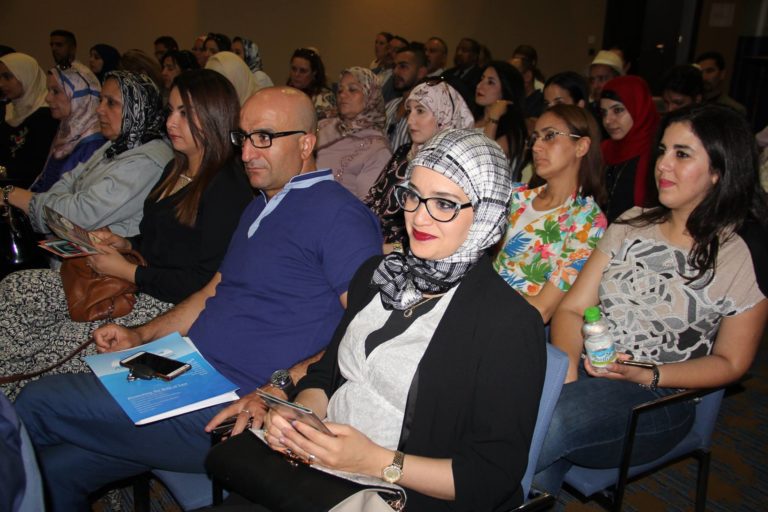
American Bar Association Rule of Law Initiative (ABA ROLI)
The American Bar Association Rule of Law Initiative (ABA ROLI) promotes justice, economic opportunity, and human dignity through the rule of law. ABA ROLI partners with justice sector actors in more than 50 countries to strengthen legal institutions and support legal professionals; to foster respect for human rights and access to justice; to support transitional justice and peace-building; and to advance inclusive and sustainable economic development.
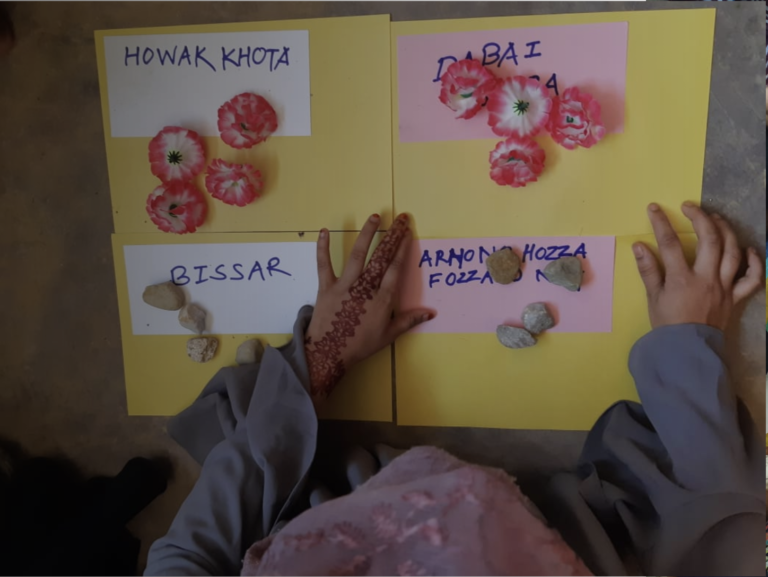
Asia Justice and Rights (AJAR)
Asia Justice and Rights (AJAR) works to strengthen accountability and human rights in the Asia-Pacific region. Focusing on countries involved in transition from a context of mass human rights violations to democracy, AJAR strives to build cultures based on accountability, justice and a willingness to learn from the root causes of mass human rights violations.
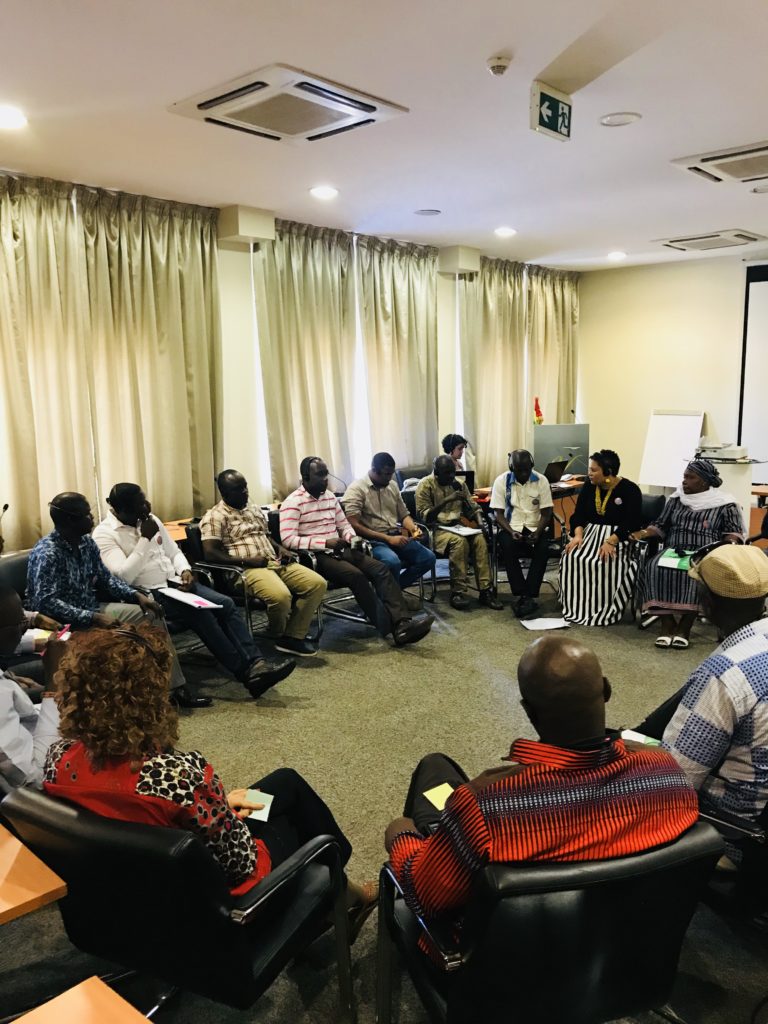
Centre for the Study of Violence and Reconciliation (CSVS)
Founded in 1989, the Centre for the Study of Violence and Reconciliation (CSVR) aims to understand and prevent root causes of violence in all its forms and address its consequences in order to build sustainable peace and reconciliation in South Africa and across the African continent. CSVR’s work addresses a wide range of forms of violence and conflict - past and present - including criminal, political, collective, and domestic and gender violence, as well as violence against children.
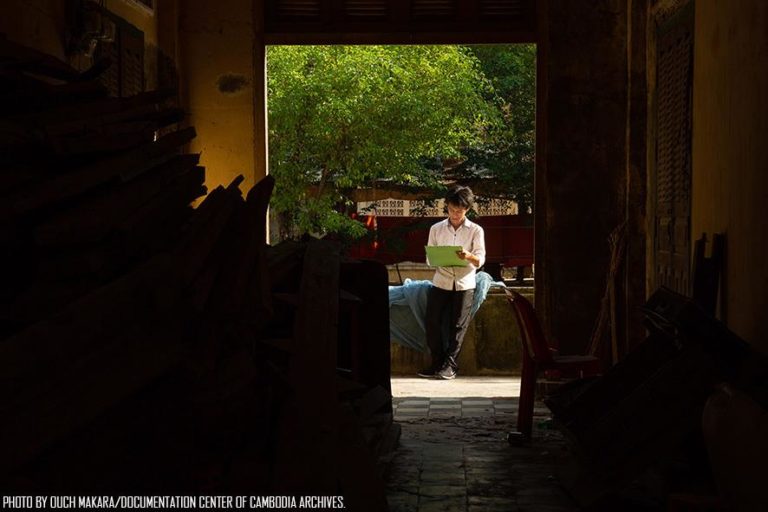
Documentation Center of Cambodia (DC-CAM)
The Documentation Center of Cambodia (DC-Cam) is a nonpartisan organization dedicated to documenting the genocide undertaken by the Khmer Rouge regime. In doing so, DC-Cam preserves materials in support of those seeking accountability, and undertakes transitional justice activities throughout Cambodia. Specifically, it has taken a lead role in supplying the Extraordinary Chambers in the Courts of Cambodia with evidentiary documents and testimonial accounts of survivors of the Khmer Rouge era.
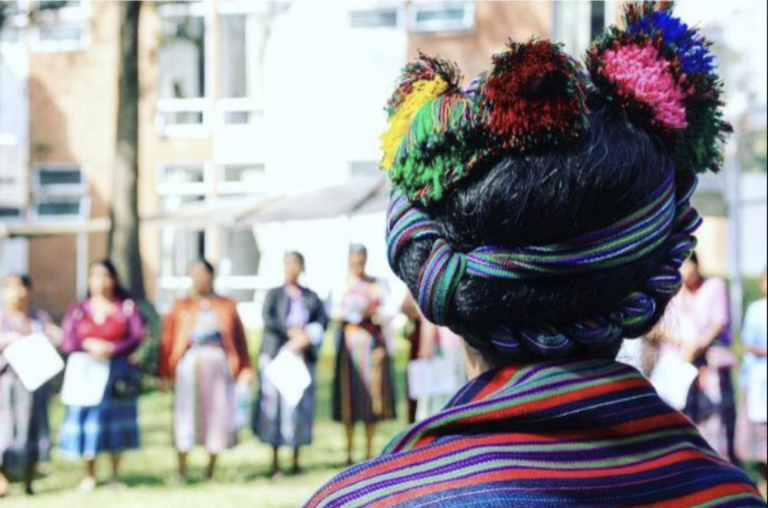
Due Process of Law Foundation (DPLF)
The Due Process of Law Foundation (DPLF) is a regional organization based in Washington, DC, composed of a multinational group of professionals whose mandate is to promote the rule of law and respect for human rights in Latin America. DPLF’s work focuses on strengthening judicial independence, the fight against impunity, and respect for fundamental rights in the context of natural resources extraction, as these are some of the most challenging issues today for the region’s national justice systems.
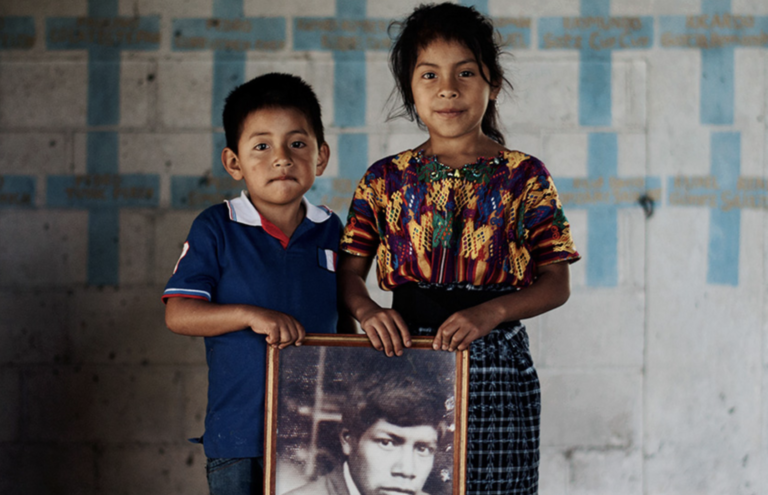
Forensic Anthropology Foundation of Guatemala (FAFG)
The Forensic Anthropology Foundation of Guatemala (FAFG) applies forensic scientific methodologies to investigations into the circumstances, whereabouts and identity of missing and disappeared persons to provide truth to victims and their families, assist in the search for justice and redress, and strengthen the rule of law. FAFG carries out investigations in a victim-centered, locally based approach in areas such as transitional justice, missing migrants, disaster victim identification, and citizen security.
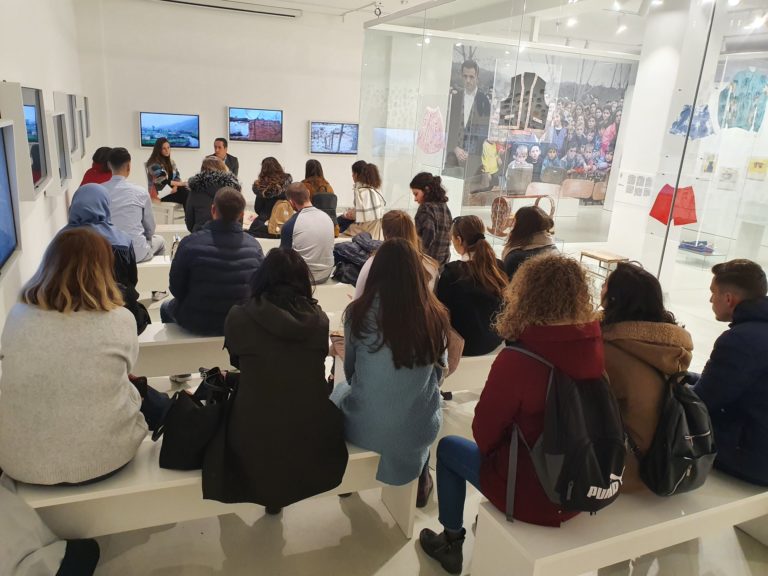
Humanitarian Law Center (HLC)
The Humanitarian Law Center (HLC) has been documenting war crimes and human rights violations committed during the former Yugoslavia conflicts since 1992, and today, is the largest documentation center of crimes committed during these wars. HLC's War Crimes and Past Human Rights Violations Database preserves over 100,000 digitalized sources, documentation that has been used by the International Criminal Tribunal for the former Yugoslavia and courts in the region in numerous cases.
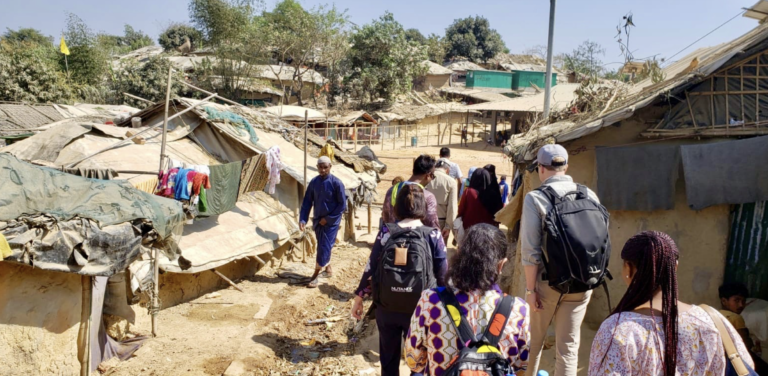
Public International Law & Policy Group (PILPG)
The Public International Law & Policy Group (PILPG), a 2005 Nobel Peace Prize nominee, is a global pro bono law firm providing legal assistance to governments, sub-state entities, and civil society groups worldwide on peace negotiations, post-conflict constitution drafting, and transitional justice. To facilitate the utilization of this legal assistance, PILPG also provides policy formulation advice and training on matters related to conflict resolution.
